I’ve tried almost every method to remove rust from metal parts! In the above VIDEO I show my favorite method for removing rust from metal parts – specifically traditional woodworking hand tool parts – but it’ll work for most other metal parts, like auto parts.
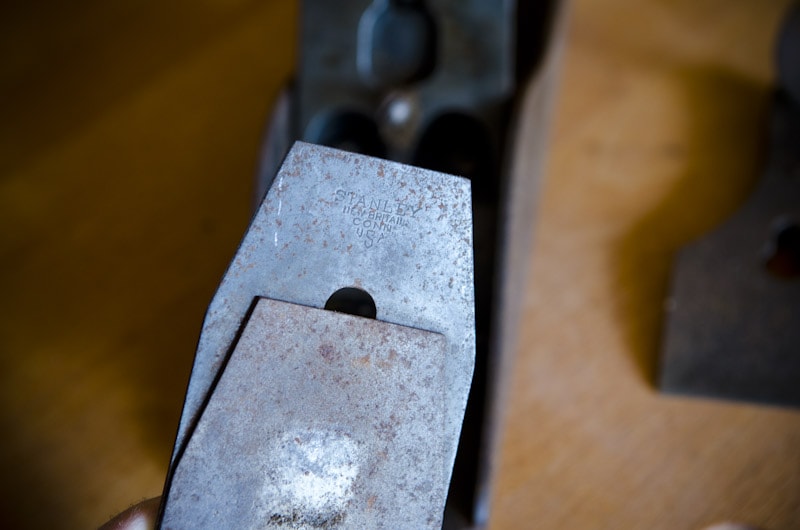
But first let me tell you about the other methods that haven’t worked very well for me:
- Electrolisys with a car battery charger didn’t work very well, and is quite difficult to setup
- Evaporust worked great the first time, but not so well when I bought a smaller container…go figure. But is really expensive.
- Krud Kutter didn’t work, and it’s expensive when you break it down to a per-ounce cost
- Vinegar sort of worked, but not perfectly…I had some strange issues with the metal afterwards
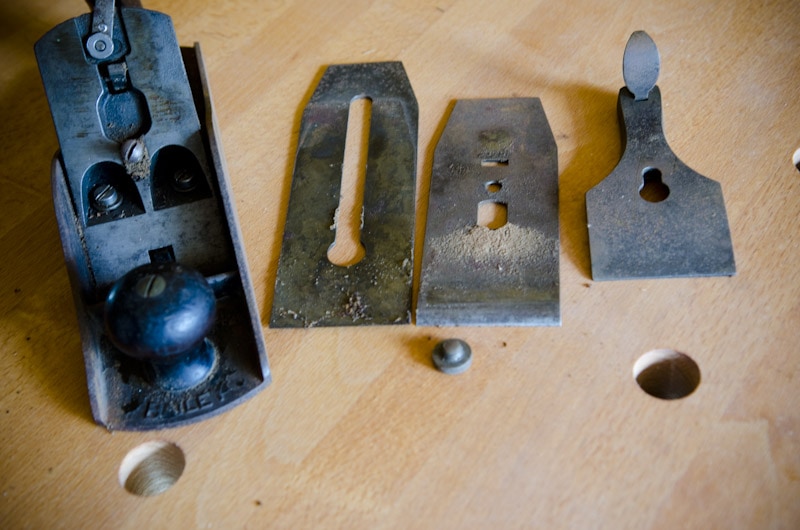
I hate rust because it causes corrosion and pitting on metal tools. So what worked the best at rust removal? A Citric Acid solution! Sound complicated or dangerous? Well, it’s not. It’s safe on the environment & hands, and it is the least expensive method I’ve found.
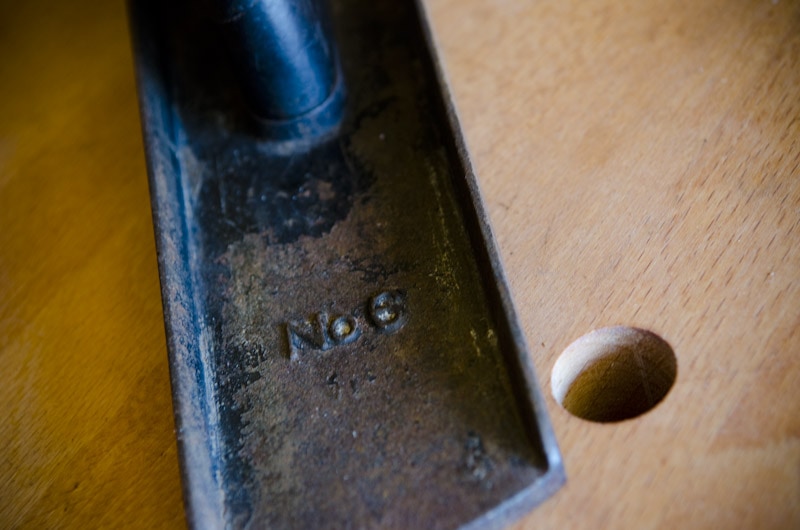
Supplies that you’ll need:
Here’s a list of everything that you’ll need to remove rust from your metal tools (along with updated links to the best prices I’ve found):
- Citric Acid (5 lb. bag will last you for a long time and is the most economical)
- Rubber gloves (will prevent pain if you have any cuts on your hands)
- Small wire brushes
- Mineral Spirits or Lacquer Thinner
- Zep Citrus Degreaser (I like the 1 gallon size) or Simple Green degreaser (I use Zep for removing grime from my road bikes)
- Spray bottle for the degreaser
- Oil or spray lubricant (I love this DuPont teflon chain-saver lube)
- Plastic container that will hold your metal parts (a used ice cream tub works great)
- Paper towels and a black towel (for quick drying)
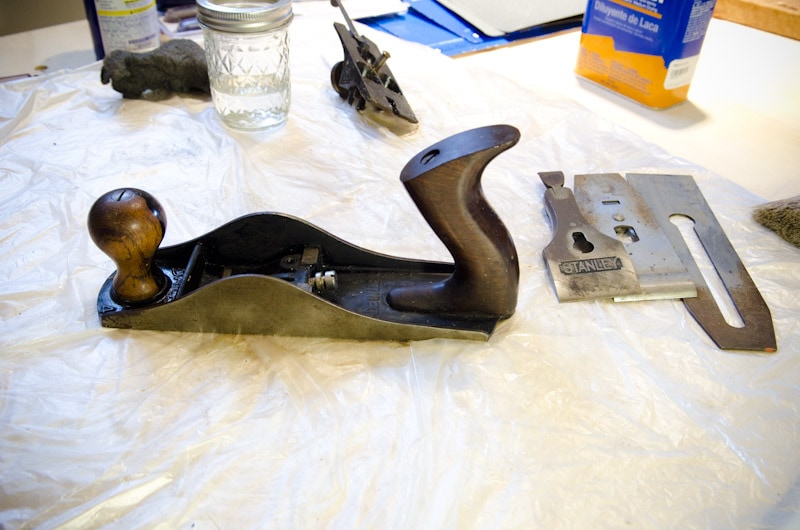
Directions:
- Place your metal parts into your plastic container and decide how much warm water you’ll need to add to just cover the parts
- Remove the parts and fill with the container with enough warm water to just cover the metal tool parts that you’ll add
- Add ¼ – ½ Cup of Citric Acid to the warm water while stirring…this creates a solution
- Stick your metal parts into the solution
- If you don’t see bubbles after a minute or two, just add another 1/4 cup of citric acid
- After an hour, use a wire brush to loosen the rust
- If it doesn’t loosen very well, leave it for another hour or two until it scrubs off more easily
- Quickly dry the parts with a large black towel and immediately lubricate with oil or spray lubricant…or else rust will appear within a couple minutes.
- That’s it! You may choose to polish the parts up since they’ll have a matte finish.
What are your favorite methods for rust removal? Please comment below!

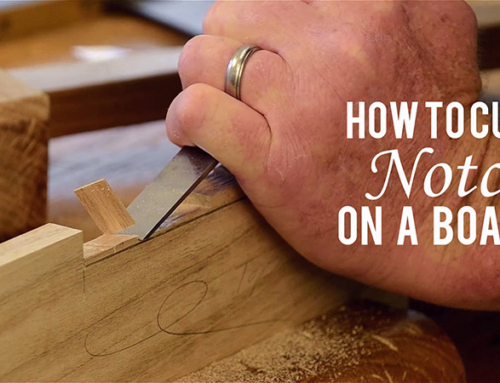


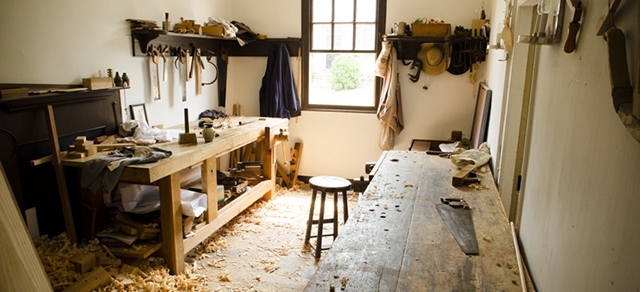
I actually enjoyed doing electrolysis, once I got the setup down. I do think it’s best for heavily rusted parts though.
Maybe I’ll give electrolysis another shot one day Liz!
Is there a cheap tool protectant that you would recommend, preferably something easily available from a bigger store (I have a Lowe’s, Home Depot, and Sears 5 min from my house)? I would like to reasonably protect my hand tools. Granted they are big box store tools but I would still like to make them last. I have some WD40 at home but have heard mixed reviews. I appreciate any help you can offer. Thanks!
Hi Micah, Thanks for your question. Here’s a good article to answer your question: http://www.popularwoodworking.com/woodworking-blogs/arts-mysteries-blogs/rust-prevention-for-woodworkers While filming Bill Anderson for our upcoming DVD on molding planes, he recommends “Top Saver”: http://www.amazon.com/Top-Saver-Rust-Remover-Lubricant/dp/B001DT12XQ/ref=pd_sxp_f_pt I’m not sure if it’s still available, but if it’s not, here’s another option that he recommended: Camelia Oil is supposed to have anti-oxidant properties to prevent rust. Here’s the bottle that Bill uses: http://www.amazon.com/gp/product/B003CMO9TQ/ref=as_li_tl?ie=UTF8&camp=1789&creative=390957&creativeASIN=B003CMO9TQ&linkCode=as2&tag=woodandshop-20&linkId=WCAZ27DA2LRSR33M But I have simply used mineral oil and it has worked just fine…not sure… Read more »
I have to think any residual citrate will accelerate rust formation. I’d suggest after you scrub your parts you rinse them off in a tub of distilled or deionized water before drying and lubricating. For longer term prevention of rust reforming I follow a hint from an Oregon woodworker in a letter to FW mag of 20 or so years ago and use a light dusting of talcum power on all steel parts after each day’s use. Garage stored tools… Read more »
Thanks for the input on tool rust Tom!